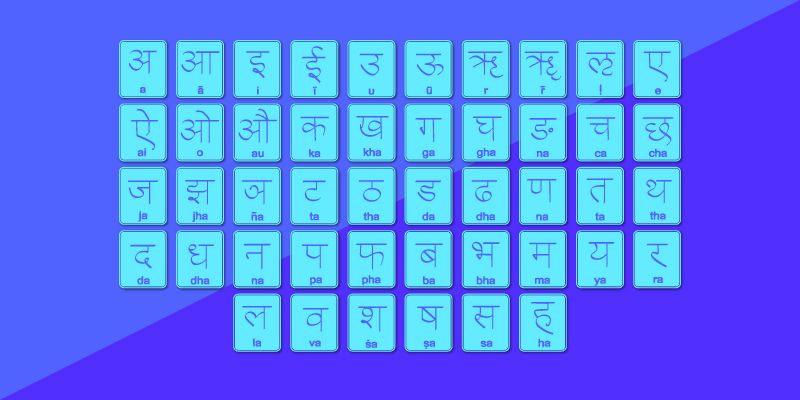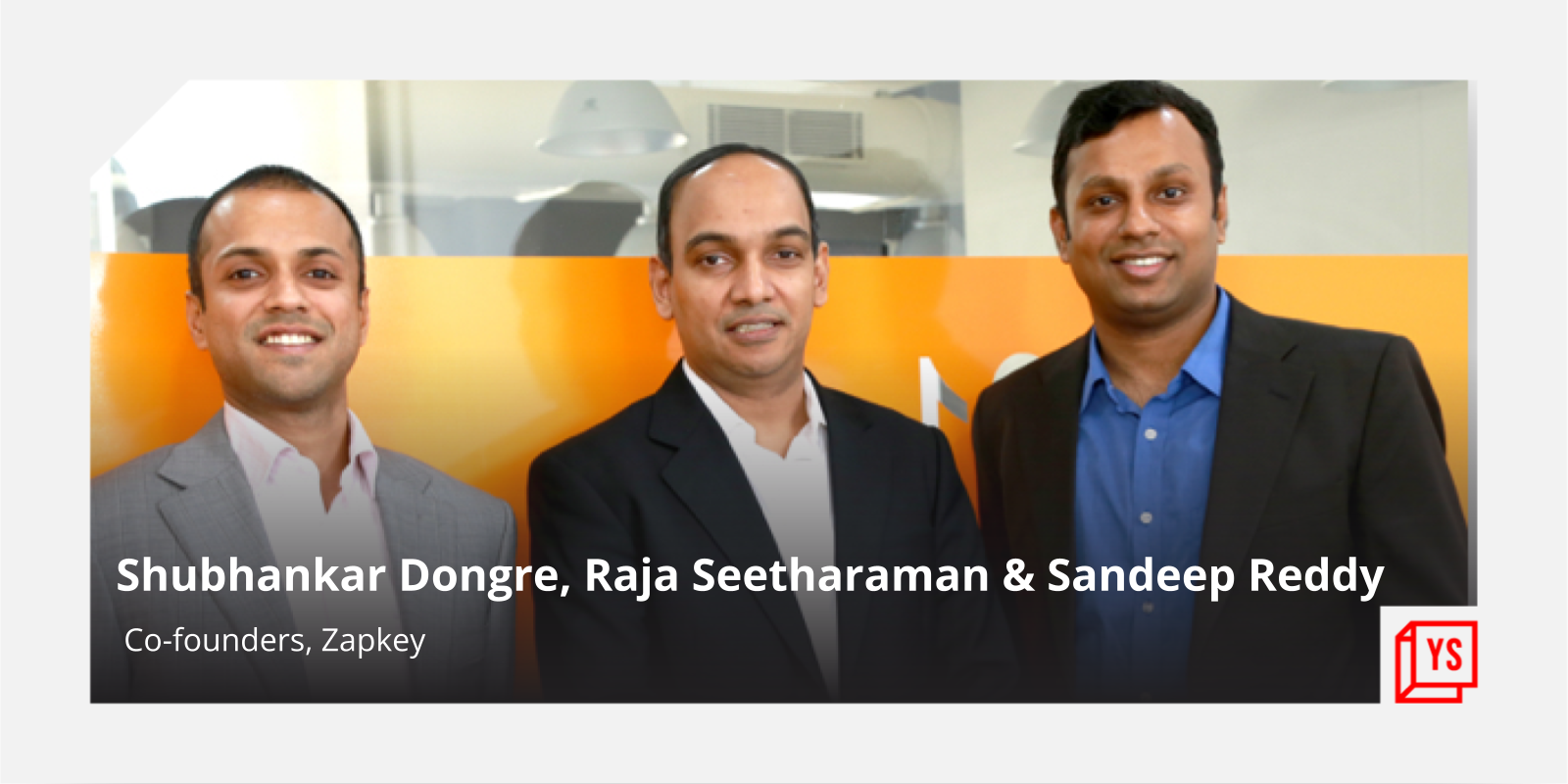Are DRM solutions the way forward for vernacular publishing?
Makarand Dave, a noted Gujarati poet, once said, “Gamtu hoy ene gunje na bharie, Gamatano Karie Gulal”. Roughly translated, it means: If you love something, you should not hoard it or keep it only to yourself, you should spread it and share it with all. Apparently, we have taken his advice a little too seriously with regard to poetry and literary pieces. WhatsApp groups, Facebook posts and blogs are flooded with excerpts from copyrighted literary material, shared on the pretext of “love for the mother tongue”.

Try searching the internet with the following keywords: 1. “Madhushala by Bachchan” and 2. “Buy Madhushala by Bachchan”. The first search will give you numerous sources from where you can download/cut-paste/read “for free” the celebrated literary work, while the second will allow you to buy the book, in turn earning the author his share in the form of royalty. If you really love literature, what would you prefer? With the popularity and availability of eBooks, the question of piracy, the kind that was very much in vogue with reference to the music industry some years ago, has resurfaced. Should the books be shared and copied freely, for the love of their message and power, and in the mood of sharing? Or should there be some mechanism to ensure a proper channel by which the authors can earn their well deserved royalty?
Lock the Language?
Fortunately, Digital Rights Management (DRM) provides a solution. DRM consists of methods of access control for digital content. They are needed to restrict and monitor the distribution of copyrighted intellectual property. Apple and Amazon have been using this with reasonable success in securely distributing ebooks through their respective channels. In simple words, DRM is a copy protection mechanism - a lock applied to a book or any digital content that ensures that it is not distributed unrestrictedly in the digital world.
DRM are not restricted to literary content distribution. Consider the example of a pharmaceutical research institute wanting to share research results amongst a closed group of researchers, or an artist wanting to circulate her designs in a closed group of viewers. In short, wherever a restricted, controlled movement of digital content is desired, DRM can come to the rescue. Even the music industry can be benefitted by the use of proper DRM enforcement.
How does it work?
To explain the workings of DRM in simple terms, from a source (an e-shop from where one can get content) content, through the use of the internet, is transferred to a particular destination (the reader app or a reader device). The content flows from a secure source to a secure destination in an encrypted manner, and does not get out of this channel, minimising the chances of piracy. Apart from this “closed channel” DRM, there is also a possibility of a third-party DRM, for example Adobe DRM, which you can think of as a lock applied to your book. You don’t get the key to open the lock, but there are a number of reader apps or softwares that will check with the content’s server on whether you are the rightful owner of the book and, on successful verification, open the book for you and facilitate in reading it.
E-publishing scenario for vernacular language books
As of now, not many organised e-publishing platforms support the creation, distribution and reading of Indian language content. Ebook availability and demand is in its infancy. Publishers and authors are looking at the whole concept with a questioning look. They are not sure how safe their books will be on the digital platform. With new advances, the opportunity to self publish is available to both new and established authors. This may lessen or completely eliminate the role of the conventional publisher in the long run. Thus, some publishers are not comfortable with the idea. .At the same time, it is also evident that because of the many advantages that ebooks and ereading offer, it is just a matter of time before they will be accepted into the mainstream.
At this juncture, it is important that the concerned stakeholders come together to discuss the situation and find answers. With the positive participation of all those concerned to create a solid system and also standards for creating, distributing and securing digital content in Indian languages, great progress could be made. Isn’t it foolish to wait for someone from outside to come and establish standards for us?
Why the Opposition?
There is a community of thinkers who feel that DRM creates inconvenience to the actual customer, giving too much power to the DRM implementing agencies or adding unnecessary costs to ebooks. The solution would be to carefully study each reason and try to find a solution or a workaround, rather than completely opposing the DRM idea.
It is also argued that even after DRM, people find a way to break into the system; piracy continues. Well, that’s true. However strong a lock, someone will find a way of breaking it. But how many of us have stopped locking our homes and cars just because someone out there can break in despite the lock! There are concepts like “social DRM” and “digital signatures” that are considered less intrusive and are gaining more acceptance and popularity.
To conclude, digital publishing is gaining popularity, and its advantages outnumber the disadvantages. Typically, in the Indian context, we definitely need some proper, universally accepted security mechanism to make the e-distribution trade financially viable and sound.
Let us ensure that while we share and spread content around, we don’t do injustice to the authors who created it.
(Disclaimer: The views and opinions expressed in this article are those of the author and do not necessarily reflect the views of YourStory.)








